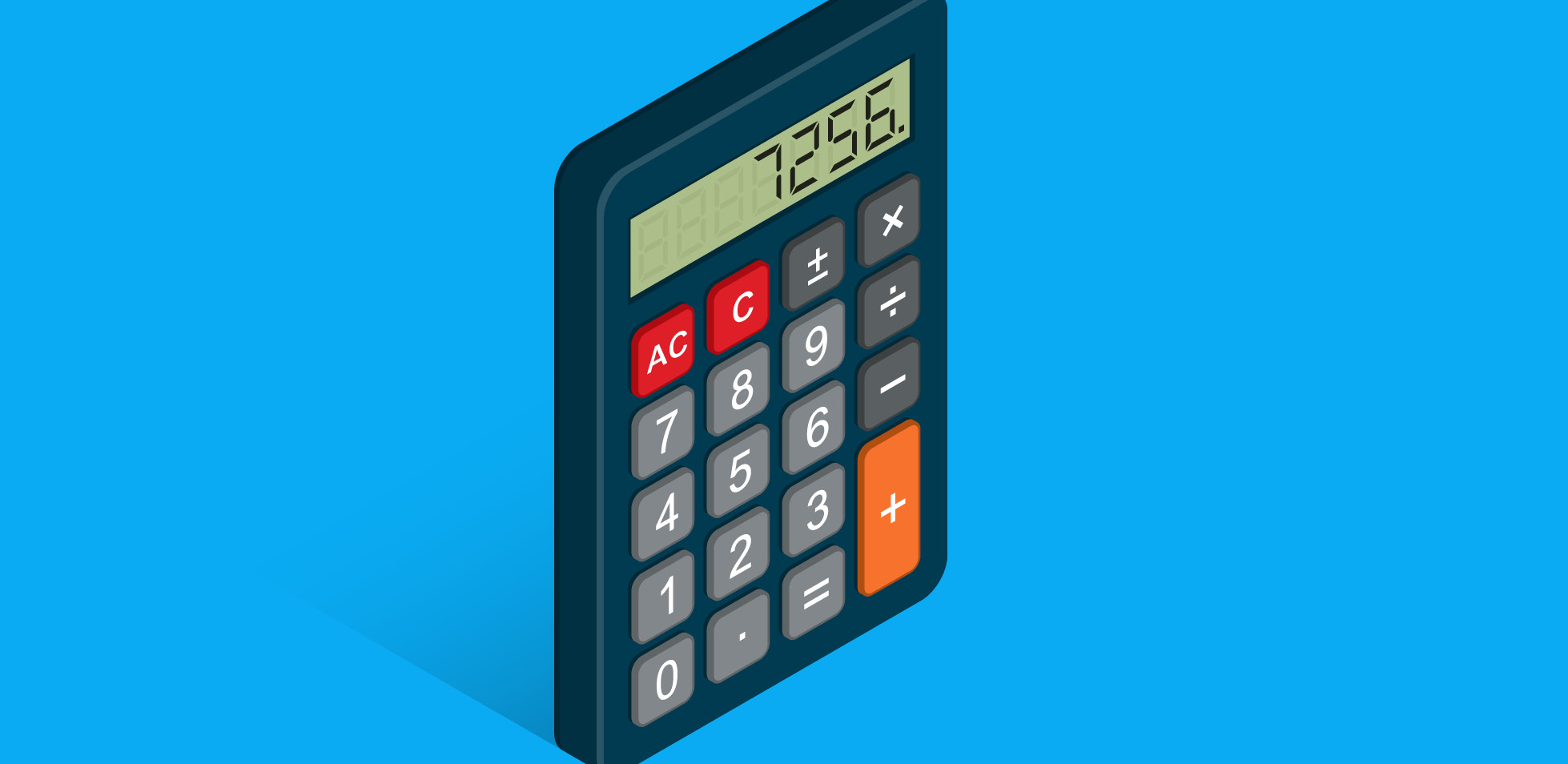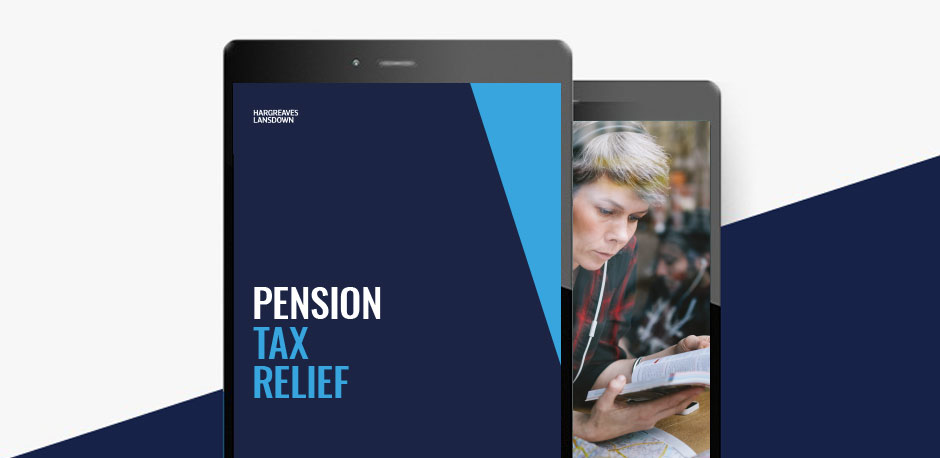Hello and welcome to this session on consolidating your pensions. My name is Eoin and I work in our financial wellbeing team, and throughout the course of the next 20 minutes or so this session will go into quite a bit of depth on how the pension transfer process works and some of the key considerations that you need to take into account when thinking of transferring pensions. So importantly, during the session, I won't be giving specific financial advice but we'll go over how you can simplify your pension affairs from an administrative perspective. And, throughout the course of the session hopefully you'll get a greater understanding of the pension transfer process itself.
So during the session we'll be discussing some of the more technical points of a pension transfer and some of the things that you do need to consider. And, when we're doing that, not all the points will necessarily apply to everybody but it's really just an idea to think about whether or not they may apply to you and if so what you what steps you then need to take. And the information that we'll be discussing are based on the pension rules as they are at the moment which as always are potentially subject to change in the future.
Some of the main reasons that people do think about consolidating their pensions often tend to centre around making their life a bit easier and helping them keep track of things. Reducing the administrative burden of having several pension pots dotted around is one of the more common points that tends to be brought to our attention. And helping people keep track of their pensions, trying to keep track of one pension pot rather than four or five, is as it sounds much easier. But then some other points which often are also brought to our attention, and that will centre around things like people wanting to access their money in a different way at retirement. Perhaps their existing pension provider doesn't offer them the facility or the means by which they want to access their money when they retire. Value for money, so some pension providers may have a high level of charge, and if you feel that you're not getting the ri ght level of service that you require to allow you to make the most of your pension. Then again, that often comes into people's thinking as well. And for those who are possibly looking to be more engaged to the investment side of things, so if you already choose your own investments outside of your pension and you want to use your pension pot to be a bit more hands-on with the investments, and your old pension provider isn't letting you do that. Then again, that's a common theme that we see with people looking to consolidate pensions and transfer into something a bit more flexible.
So now that people are automatically joined into their company pension plans upon meeting certain criteria, it's estimated that by 2050 (so over the next 30 years) there's going to be about 50 million pension pots that have been lost or forgotten about possibly for periods of time where people were employed for a short period and then they've left the company or moved house or whatever it might be and forgotten that they've got a pension pot in their name. So it's really important that every time you do leave an employer you're aware of what the pension provision has been and you make sure that you keep track of that pot of money. And also that you go through an exercise of just trying to work out any pension pots that you may have paid into previously throughout the course of your life as well. And it needn't necessarily be like searching for a needle in a haystack, some people will think well I can't face this at all and I really don't want to go down the route of trying to dig out all the information. But really it's an important task because somewhere there might be a pot of money with your name on it and that pot of money will go some way to helping you out in retirement. So just to make things slightly trickier when you are searching for pensions it is often the case that pension providers merge together or get bought out by another pension group. It may be the case that a company that you took a pension out with years ago is no longer called the same thing. Using an example there, Norwich Union merged with CGU and combined to become Aviva. Friends Provident, and AXA merged together to become Friends Life who then again were bought out by Aviva. So all those pension providers that were just listed on the screen there are now run by Aviva. It may be the case that you didn't take out a policy with Aviva but you now have one, and it's trying to work out where that money is and the value to you of that pot.
Other things that may make the process of finding pensions slightly trickier, are if you have moved address or changed your name, or you've just really not kept track of your pensions at all, haven't kept any paperwork and haven't kept any details up to date with those pension providers. So trying to, from a personal perspective, trying to make sure that your details are maintained with each of your pension providers and making sure that if you do move house you update your pension provider. If you get married or change name then you again update your pension provider so that they will then be sending statements to you on an ongoing basis which again helps keep track of those pension pots.
If you are a member of an old company scheme, or you thought you may have had a pension from an employer when you started employment, then companies do periodically change their pension provider that they use which again can lead to lots of money being left behind if you don't transfer it when the change takes place. Sometimes companies will go out of business so you may not necessarily know who to contact to try and find out more information about who the pension provider was for the period of time that you were employed by that company. And people within the company as well may change too, so you may lose contacts within the company that you don't know who to get in touch with to find out more information about who that company pension scheme was provided by.
There's lots of factors to consider when consolidating. And, whilst at the start we ran through some of the reasons why people may look to transfer pensions, there are instances where pension transfers may not necessarily appeal to everybody, and trying to work out whether or not your pension has any guarantees linked to it is a really important first step. Guarantees tend to be linked to pensions known as final salary schemes or defined benefit schemes. These are types of pensions which were provided by companies by employers and they're guaranteed by the employer. They will often have links to inflation so many of those schemes will go up each year in line with a certain measure of inflation possibly provide a spouse's income upon death. They may have other guarantees linked to them which are seen as quite valuable. If the value of the defined benefit or final salary scheme is more than thirty thousand pounds then if you were looking to transfer that you would need to take a specific financial advice, if it were less than thirty thousand pounds as a cash equivalent transfer value then the requirement for advice isn't necessarily there. However, you may wish to still take advice to make you aware of what it is that you're potentially losing. Some other pensions might have guaranteed annuity rates. These typically apply to older type pensions and they would have guaranteed an annuity rate as it was 30 or 40 years ago which often is much higher than the rates in the open market for annuities now. So again, if your policy has guarantees associated with it upon a transfer, those guarantees would be lost so it is really important that you're aware of anything like that which might apply to your pension pot. And, if it is the case that you have those guarantees or benefits, that you then potentially look to take advice if it is the case you want to transfer.
Those kinds of things will apply to final salary schemes and guaranteed annuity rate pensions.Normal personal pensions may also have some other things linked to them which upon a transfer would be lost. So things like: certain pensions won't allow you to access the money before a certain date. Some pensions may offer a bonus on the investment if the money is kept in that investment until a certain date after a certain period of time. Some pensions may actually penalize you for moving away before a certain time as well, so if the transfer value that's shown on any annual statement that you receive is less than the actual fund value, the pension value then indicates that there would be a penalty to you if you decided to move the money away.
So pension rules changed back in 2006, and at the point of that change some pensions were able to keep rules which applied to them previously which may mean that you were able to access the money before the age of 55, or potentially take more than 25 percent of that pot as a lump sum tax-free which is seen as quite a benefit. And again, in a transfer the ability to do that would be lost, and some pensions will mean that you can only leave the money in the event of death to certain people as well.
And with a final salary scheme, if there's a deficit, so if it looks like the company may not be able to meet the liabilities within the pension, the ability to pay the guarantees given, then that may also be a reason for considering looking at transferring. But again advice would be required in that instance.
We often come across fairly common misconceptions with pension transfers, and again pension transfers aren't necessarily for everyone but on the whole trying to make things as simple as possible is key. The first misconception that we often come across is that by keeping pots of money with different pension providers you're spreading the risk around. So when it comes to a pension transfer you're effectively bringing all your money into one pot and that pot of money can then be invested in different ways so it doesn't all have to be invested in the same fund or with the same fund manager. You could choose different fund managers to invest portions of your money and by doing that, even though it's all administered in the same place, you're then spreading that risk across different fund managers and different types of investments so it doesn't have to be done through different providers necessarily. It can all be done through the one provider and still have a split between different kinds of investments.
Another misconception we often come across is that by keeping your pension pots separate it may offer you more flexibility in retirement, or the ability to take more of a lump sum tax-free. But somebody with three different pension pots of varying values totalling one hundred and forty five thousand pounds altogether, effectively the amount of money that you can get from your pensions combined as a lump sum tax-free when you come to access it in retirement is 25 percent. So if the pots are kept separate you would take 25 percent of each pot, if they're lumped together you can take 25 percent of the total amount so either way you're going to be getting the same amount of tax-free lump sum. You're not going to be missing out on anything, it just might make it slightly easier having it coming from one source rather than through four different sources and trying to work out what you're entitled to from each of them.
Whenever you do come to access a pension pot there are again various things to consider. Pensions may have account closure costs associated with them upon retirement. If you're transferring money away and are no longer going to be utilizing that pension provider then there may be a fee associated. Also, if you do decide to use your old provider as a source of retirement income they may also have a charge for setting that source of income up. So if you've got three different pots of money and you use those three different providers as the income provider you might then pay three different sets of charges.
When you come to access your pension, if you access your pension flexibly so not via an annuity, then at the point you do that you would trigger something called the money purchase annual allowance which stops you contributing the same level of contributions that you've been making previously. And the most that you can then pay in going forwards and receive tax relief on is capped at four thousand pounds each tax year.
And, all your pension pots together go towards something known as the lifetime allowance. The lifetime allowance is the total figure that you can build up in your pension pots before you then potentially have to pay a punitive rate of tax when you come to draw them. The figure at the moment is a million and seventy three thousand one hundred pounds. So that's the total amount you can have in your pensions and up to that figure you can take 25 percent of that as a lump sum tax-free. If your pension pots exceed that figure you then have to pay a punitive rate of tax when you come to draw them.
The pension transfer process has been simplified over the last number of years. As with many other things it's now something that can be done predominantly online so most pensions that people tend to have, most personal arrangements and things that they've set up themselves, can be consolidated using the online transfer process on the Hargreaves Lansdown website. It is also possible to transfer your pensions to other providers, so if you've got a particular preference of a provider then check with those providers whether or not they have a similar tool where they will do the work for you. Certainly with Hargreaves Lansdown there's no fee from us for arranging a pension transfer. We would just need to know your policy details and a bit of information about who the provider is. We then go and contact that provider and organize the movement of the money on your behalf. But again, if your preference is to go with another provider then check that similarly they don't have charges and would do the work on your behalf as well.
So with all that in mind there are some other things which will possibly play a role in deciding who you use as a pension provider going forwards. One of those things is how the charges work, and with Hargreaves Lansdown the charge is broken down into two. The Hargreaves Lansdown platform fee for operating the account is 0.45 percent and then on top of that you would have the fund manager's charge. So, whoever you pick as an investment provider the fund manager's charge will vary based on who it is you choose. The two things together give you the total charge and it's that total charge which is then useful to compare against other pension providers. Also, I mentioned earlier the methods by which you can access your pension at retirement, so even if retirement is a long way off it's important to have one eye on the future. Especially so if you are considering consolidating everything together, you ideally want to know that when it gets to the point you're going to access your pension then you have the full range of flexibility open to you. Hargreaves Lansdown is one of the largest annuity brokers in the country, if you decide to use your pension to buy an annuity then we can assist with that and get annuity quotes on your behalf. If you want to take lump sums out of your pension, so if you just want to take chunks as and when, then we can facilitate that. Also, we're a provider of drawdown, so if you want to keep your pension pot invested and take your tax-free lump sum, then the rest of the money stays invested and you draw an income from it as and when you need it. That operates in much the same way as the HL SIPP so it would just be a continuation of the account. Everything that we do on an initial basis is done on a non-advisory basis, but we do also have an advisory team. So if it's the case that you at any point feel that you need one-off advice on a particular aspect of retirement or investments then that's also something we can provide as well.
The charges also reduce on a sliding scale the bigger pot you have with us. I mentioned the 0.45 percent as being the standard level of platform fee and that's on the value of the investment up to two hundred and fifty thousand pounds. If your pot of money exceeds that then you start to benefit from economies of scale so the charge then starts to decrease, so it goes down to 0.25 percent for pots between two hundred and fifty thousand pounds and a million pounds down to 0.1 percent for a million to two million. There's no charge over two million pounds of pension held with us. So again, if pension transfers are on your mind, the bigger the pot you end up accumulating with Hargreaves Lansdown the less fee you will pay on that.
So that's the basis of the presentation, hopefully that was useful. Just to recap, remember to think about the kinds of things you need to be considering to work out whether or not pension transfers are something you want to proceed with. Firstly check if there's any exit penalties or any cost to you from your existing provider. And at the point you might also wish to check whether there's any guarantees or benefits that would be lost by transferring your pension out of an old system. Then, check the level of fee that you pay to the old provider and work out whether or not you feel that the fee that you're paying you're getting the level of service, flexibility or range of investments. If it's the case that you don't feel the fee is appropriate then that might be an argument for consolidation. Also then just have one eye on the future too and how you then think you might want to access that pot of money. Whether the current provider you're with will give you that flexibility when you come to retire. Regardless of all those things, even if you decide to keep your pension pot separate, it's really important that you make sure that your personal details are up to date. If it's the case you don't feel like you are being supported and there's not much information coming from those statements or pension providers then that might be something again which edges you towards the pension transfer process.
When you are transferring you’ll need to have your old policy number, the name of the pension provider and the policy details with them. It's useful to have an idea what you would like to do with that money when it is transferred. Would you like to hold it as cash initially? Some pension transfers are done as cash so you will potentially be out of the market for a period of time during that pension transfer process, but when the money's then received how is it that you want to invest that? Do you want to leave it as cash and do your own thing with it as and when? Or do you want to give an advance instruction so that as soon as we receive the money it will then begin to be invested? The government do have a system called The Pension Tracing Service and it's on the Gov website so it's relatively useful. It will hopefully highlight who your pension providers might be. It may not necessarily pick up every company that you worked for or every pot, but it's certainly a useful starting point and it's free to use. Experian also have a system called The Unclaimed Assets Register. There is a fee for that service of twenty five pounds but it's slightly more in depth than the government system so you may then ultimately find a pot that you weren't aware that you had. So depending on your pension history, if you think there is a pot that the government system isn't throwing up then then it may be a case of doing a bit more digging. We can't recommend a service or give advice as to which service you should follow, but they're quite useful tools and do have a look at those further. If you have further questions about the transfer process, or you want to find out more about the pension that we operate, do get in touch with us as well and we'll do our best to assist you further.
I'll leave these important investment notes on the screen for a minute, I hope you found today's session useful and like i said if there are any questions off the back of that do feel free to get in touch with our helpdesk or with the email address sipp@hl.co.uk and we'll do our best to assist. Okay thanks very much for listening everybody, goodbye.
Important investment notes
Hargreaves Lansdown Asset Management provides information, not personal advice, about the pension and investment plan. If you are in doubt about whether these investments are suitable for you, you should seek personal financial advice.
Unlike cash, stock market based investments are not guaranteed and fall in value as well as rise, we therefore believe you should only invest for the long term (5+ years). Ultimately you could get back less than you invest. Tax rules or state benefits referred to are those that currently apply, they can change over time and any benefit to you will depend on your circumstances.
Once in a pension, your money is usually no longer accessible until age 55, rising to 57 from 2028. Before transferring please ensure you will not lose valuabe benefits or incur excessive penalties. Pensions are usually transferred as cash, so you will be out of the market for a period.
Please refer to the Key Features Documents and Terms & Conditions on the website and in your joining packs for full details. Non-UK residents may be subject to restrictions covering areas such as investment choice and further contributions.






